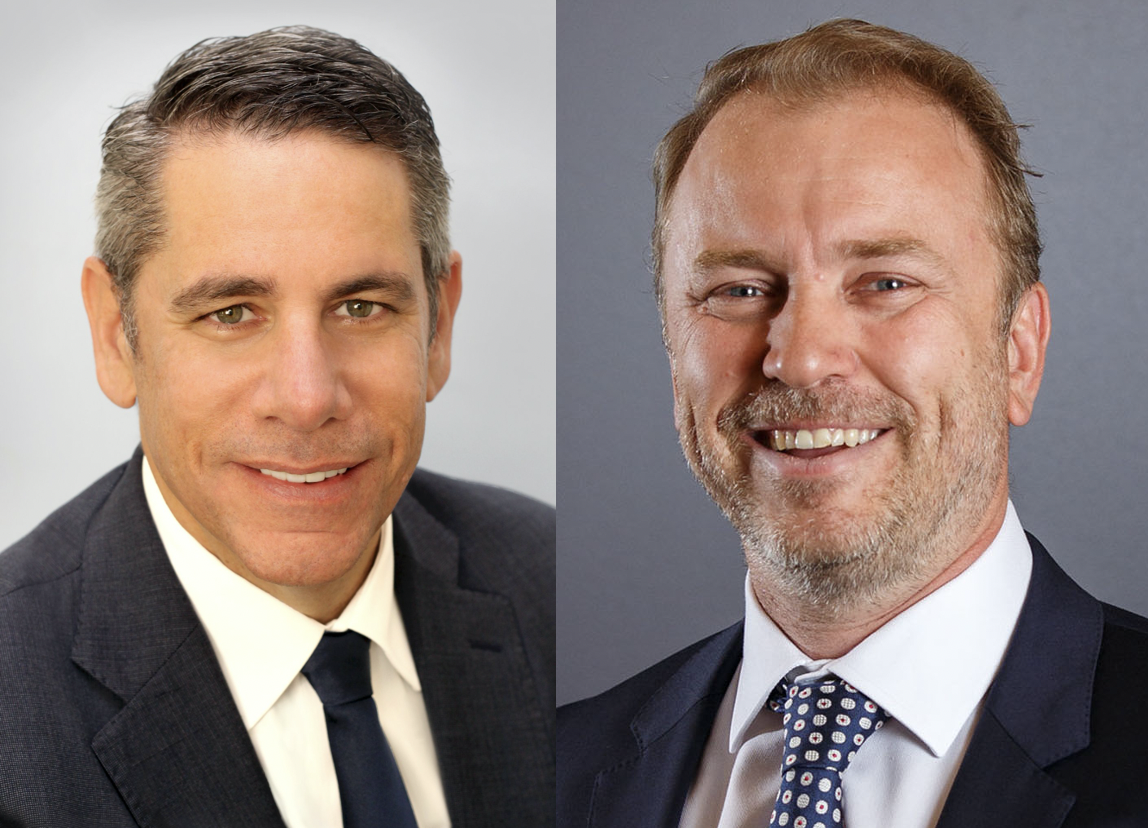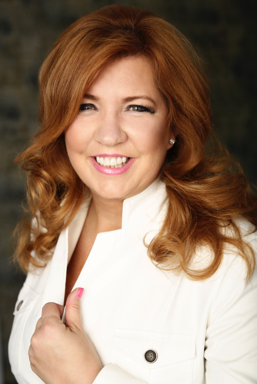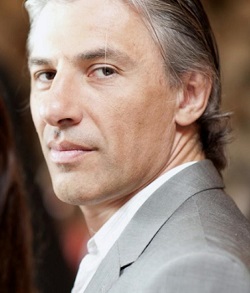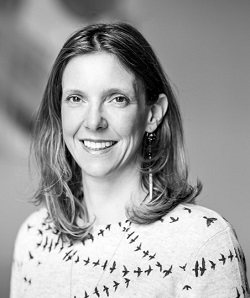Transcripts
 Erik: Today's topic is uranium and I have two expert guests joining me. First, Mike Alkin is fund manager and founder of the Sachem Cove Special Opportunity Fund, a fund which invests in uranium. Guy Keller is the portfolio manager for the Nuclear Energy Opportunity Fund for Tribeca Investment Partners.
Erik: Today's topic is uranium and I have two expert guests joining me. First, Mike Alkin is fund manager and founder of the Sachem Cove Special Opportunity Fund, a fund which invests in uranium. Guy Keller is the portfolio manager for the Nuclear Energy Opportunity Fund for Tribeca Investment Partners.
Mike prepared a slide deck, actually shared the pitch deck from his hedge fund with us registered users will find the download link in your research roundup email. If you're not a registered user yet just go to our homepage at www.macrovoices.com look for the red button that says looking for the downloads right above Mike and Guy's photos.
Gentlemen, thanks so much for joining us, I want to start with kind of the big picture because I think a lot of people kind of felt like, okay, nuclear energy, really important industry but then Fukushima happened. And boy, even though people like you and I who tend to focus on logic and reasons understand that nuclear energy is still the safest form of energy we know how to generate.
Frankly, the world doesn't work on logic and reason it works on public sentiment and emotion and that emotion was so strongly anti-nuclear that a lot of people just wrote off nuclear power and said, okay, this industry is done at this point. How should we be thinking about the nuclear power industry? Does it have a future? And how much of a future does it have? Let's start with Mike Alkin from Sachem Cove.
 Erik: Joining me now is former US presidential adviser and bestselling author Dr. Pippa Malmgren. Pippa, holy cow, where to start with this interview, I don't think there's ever been a better month for a Dr. Pippa Malmgren interview.
Erik: Joining me now is former US presidential adviser and bestselling author Dr. Pippa Malmgren. Pippa, holy cow, where to start with this interview, I don't think there's ever been a better month for a Dr. Pippa Malmgren interview.
You used to work in the White House advising the President of the United States, you worked as a part of a team, which, among other things, advised to the US president on how to appear presidential in the public eye. Why don't we start with the recent debate, how would you say that both candidates did in terms of upholding that presidential image?
Pippa: Well, I thought it was just fascinating that the single most googled phrase during and right after the debate was how to move to Canada, which kind of tells you everything. It's really interesting watching this because in a way the public wanted reality TV to come into politics and now it really has. And it's just emotional with no substance, it's just interruption with no points being made, it's kind of everybody's in search of an argument.
And while sort of fascinating at one level, it's not fascinating enough, and it was really interesting to see how few people watched it and how many people tuned out once they had started. So neither one of these men came off being inspirational or inspirational leaders in any way.
![]() Erik: Joining me now is petroleum geologist Art Berman. Longtime Macro Voices listeners know it wouldn't be an Art Berman interview without an Art Berman slide deck, registered users will find the download link in your research roundup email. If you're not registered yet just go to our homepage at macrovoices.com, look for the red button that says looking for the downloads right next to Art's picture.
Erik: Joining me now is petroleum geologist Art Berman. Longtime Macro Voices listeners know it wouldn't be an Art Berman interview without an Art Berman slide deck, registered users will find the download link in your research roundup email. If you're not registered yet just go to our homepage at macrovoices.com, look for the red button that says looking for the downloads right next to Art's picture.
Art, last time we had you on in June, what you told us was the shale patch was going to get through the summer just fine because there was an inventory of drilled but uncompleted wells that could be completed brought online. Production could probably be held up was your prediction, and sure enough, that has very much played out.
You also told us that the vicious price rally that was still in play when we spoke in June, was about to top out you nailed that call perfectly it ended up within a week topping out. You said it was probably going to roll over and there would be a downside correction over the course of the summer. I guess that's pretty much played out, it hasn't been as deep of a correction as you and I both expected, but their correction has been there.
But what you told us art was put your seatbelt on for Q4 because you said with the rig count depressed, there's just no way that anything else could happen but US production eventually falling off a cliff probably in Q4. I assure you art It is no coincidence that we brought you back on the very first day of Q4 for an update on that prognosis. So do you still expect US production to fall off a cliff which of course would be bullish for prices in Q4? Or maybe we need to get worried about demand falling off a cliff to which would be bearish for prices?
 Erik: Joining me now is HonTe Investments founder and fund manager, Alex Gurevich. Alex, I am really looking forward to this interview with you specifically because as our regular listeners know, and I know you're a regular listener yourself there's three macro questions that I number one am convinced you have to answer in order to understand where we are at this particular moment in markets. And number two, which I personally have no clue what the answer is and that's why I rely on smarter people than myself such as you.
Erik: Joining me now is HonTe Investments founder and fund manager, Alex Gurevich. Alex, I am really looking forward to this interview with you specifically because as our regular listeners know, and I know you're a regular listener yourself there's three macro questions that I number one am convinced you have to answer in order to understand where we are at this particular moment in markets. And number two, which I personally have no clue what the answer is and that's why I rely on smarter people than myself such as you.
So let's just recap those; are regular listeners already know these. The first is here we are at almost zero interest rates, we've been below 50 basis points, we're back up to wherever we are this week 60-75, we've been close enough to zero that if you believe there is a zero bound on the US 10 year, then by definition, the 38 year bond bull market has to be ending. So is it ending? Or is it true that negative rates are possible? And if so, how negative? Are they possible?
Question number two, are we on the cusp of a secular shift from disinflation toward inflation? And if so, could it be as big as the inflation that began in the late 1960s? And particularly if that is true, is that something that really starts to run away in three to six months or three to six years? How long does it take for that inflation shift to happen if it's happening?
 Erik: Joining me now is JDI research founder Juliette Declercq. Juliette has prepared a slide deck to accompany today's interview, registered users will find the download link in your research roundup email. If you're not yet registered at macrovoices.com, just go to our homepage, look for the red button that says looking for the downloads right above Juliet's picture. Juliet, it’s great to have you back on Macro Voices, it's been too long. Now, I know we usually talk about Europe and some of the things that you specialize in but I also know from reading some of your work that you're actually focused primarily right now on the US presidential campaign. So, tell us a little bit about what your prognostications are, what do you say? It's great to have an outsider's perspective on what we can expect in this election.
Erik: Joining me now is JDI research founder Juliette Declercq. Juliette has prepared a slide deck to accompany today's interview, registered users will find the download link in your research roundup email. If you're not yet registered at macrovoices.com, just go to our homepage, look for the red button that says looking for the downloads right above Juliet's picture. Juliet, it’s great to have you back on Macro Voices, it's been too long. Now, I know we usually talk about Europe and some of the things that you specialize in but I also know from reading some of your work that you're actually focused primarily right now on the US presidential campaign. So, tell us a little bit about what your prognostications are, what do you say? It's great to have an outsider's perspective on what we can expect in this election.
Juliette: With the Covid crisis fading away in the United States, I was not surprised to see Trump catching up to Biden. After all the ace up his sleeve is the economy. Of course, its not my personal opinion because I think that short-termism and obsession for rising equities and financialization will cost the US economy greatly in the long run, but I have no vote in this contest.
MACRO VOICES is presented for informational and entertainment purposes only. The information presented in MACRO VOICES should NOT be construed as investment advice. Always consult a licensed investment professional before making important investment decisions. The opinions expressed on MACRO VOICES are those of the participants. MACRO VOICES, its producers, and hosts Erik Townsend and Patrick Ceresna shall NOT be liable for losses resulting from investment decisions based on information or viewpoints presented on MACRO VOICES.
